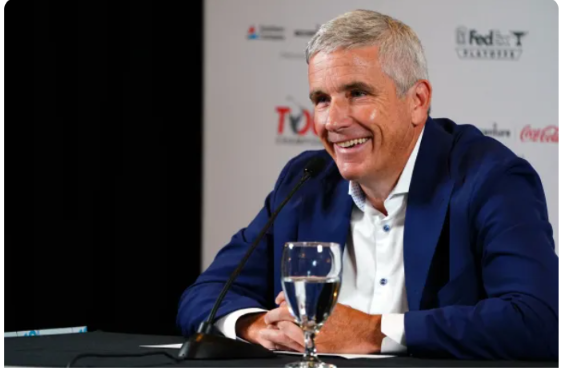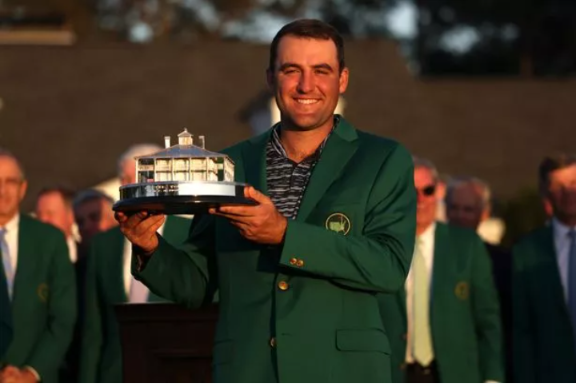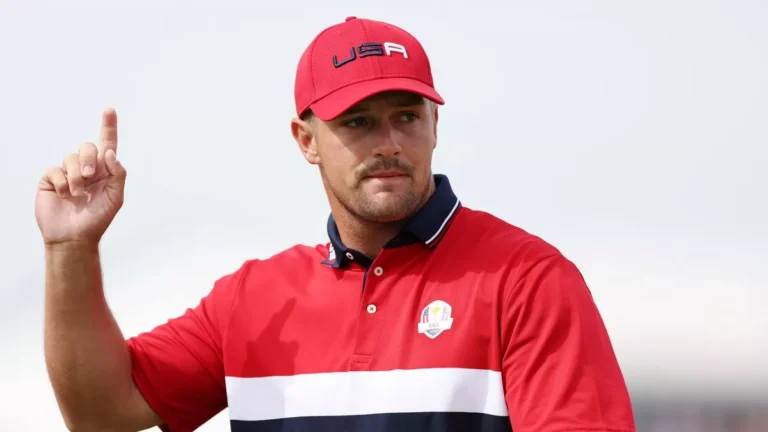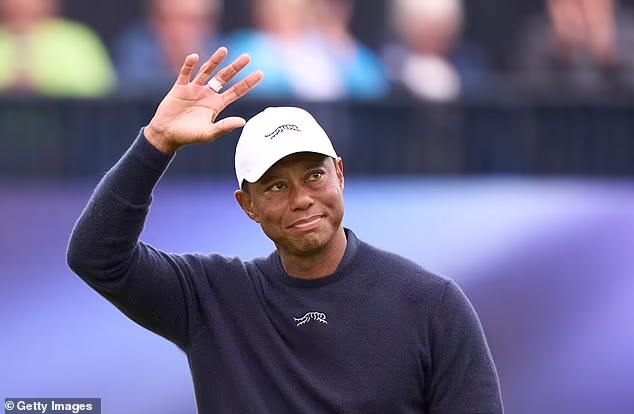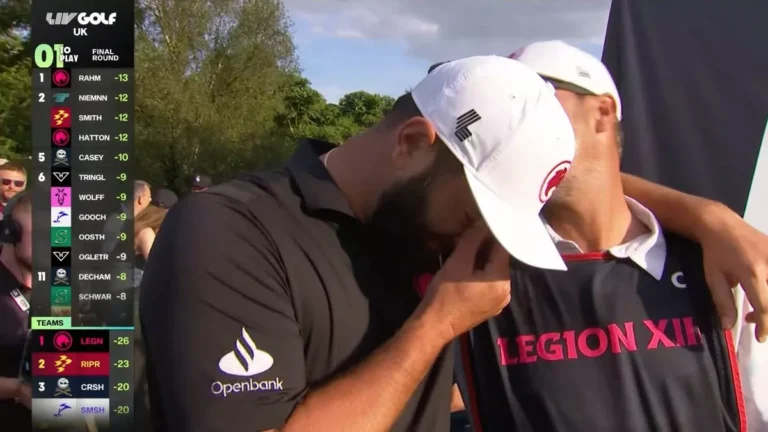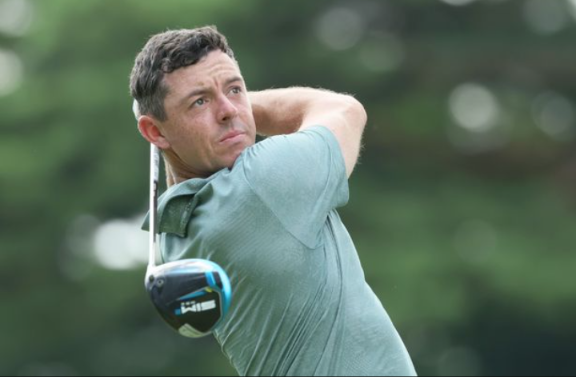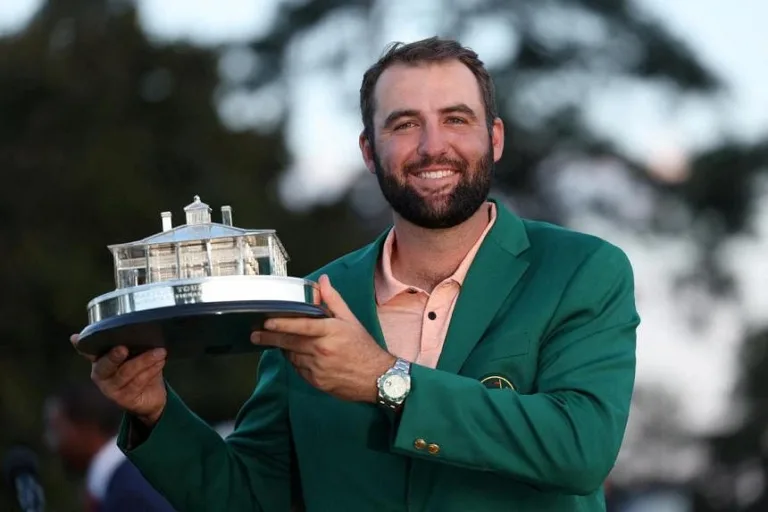PGA, LIV agree on some items with work still to go to finalize any deal
The PGA Tour and Saudi Arabia’s Public Investment Fund, the financial backers of LIV Golf, reached a consensus on several key issues during their recent meeting in New York. However, PGA Tour Commissioner Jay Monahan cautioned players that there is still significant work to be done before finalizing any agreement. Monahan communicated this via a…
The PGA Tour and Saudi Arabia’s Public Investment Fund, the financial backers of LIV Golf, reached a consensus on several key issues during their recent meeting in New York. However, PGA Tour Commissioner Jay Monahan cautioned players that there is still significant work to be done before finalizing any agreement. Monahan communicated this via a memo sent out after the PGA Tour policy board and the commercial PGA Tour Enterprises board convened during the Travelers Championship in Connecticut.
While Monahan did not divulge specific details, he emphasized that the primary objective is to establish “a shared vision for the future of professional golf” that maximizes global opportunities for players. The pivotal meeting, held on May 11, included Yasir Al-Rumayyan, the governor of Saudi Arabia’s Public Investment Fund, and prominent board members of PGA Tour Enterprises such as Tiger Woods, Adam Scott, and Rory McIlroy.
Monahan also introduced minor adjustments to the PGA Tour’s 2025 schedule. Despite these changes, the revamped model, which benefits top performers from the previous year, continues to maintain a similar level of player turnover. One significant update is the introduction of an additional sponsor exemption in the $20 million signature events specifically for Tiger Woods, recognizing his extraordinary career achievement of over 80 wins. Woods, who has participated in only four events this year—three majors and his own Genesis Invitational at Riviera, where he withdrew due to the flu—will benefit from this exemption.
The player-hosted signature events, including Riviera, Bay Hill, and Memorial, will remain small-field tournaments with cuts. Monahan mentioned that the tour board and the Player Advisory Council are considering whether all signature events should feature cuts, although no immediate action has been taken.
Additionally, the board approved a minimum field size of 72 players for the signature events, addressing concerns raised this year when fields fell below 70, such as at the Arnold Palmer Invitational where only 69 players competed, forcing one player, Nick Dunlap, to start the tournament alone. The top 50 players in the FedEx Cup standings will be exempt for all $20 million events. This adjustment aims to increase participation in other tournaments, particularly early in the season, and to provide more opportunities for players with conditional status, like those ranked 126-150. To further support these players, the board decided that their rankings would not be reshuffled next year until they have had at least three or four opportunities to compete.
